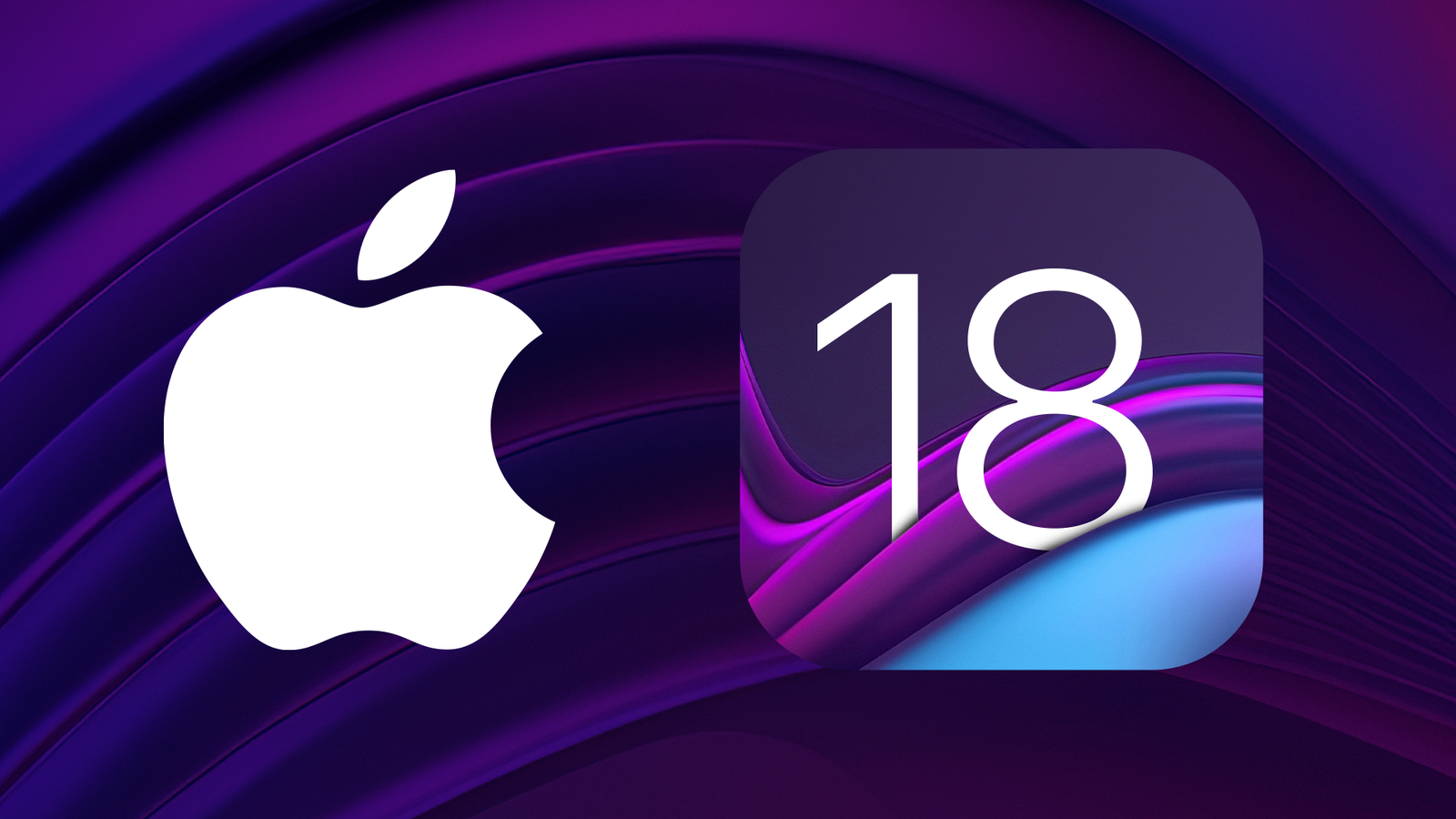The idea of artificial intelligence (AI) replacing traditional apps on your smartphone is no longer a distant fantasy. With recent advancements and innovative projects underway, the concept of an “app-free” phone, powered by AI, is becoming increasingly tangible. This transition promises to redefine our interaction with mobile devices, emphasizing intuitive and seamless experiences.
Key Highlights:
- Deutsche Telekom, in collaboration with Qualcomm Technologies and Brain.ai, is pioneering the development of an AI phone that aims to eliminate the need for traditional apps.
- The AI, located in the cloud, allows for the contextual prediction and generation of user interfaces, enabling a focus on what users want rather than how to navigate there.
- Another version of the AI smartphone, powered by the Snapdragon 8 Gen 3 Reference Design, processes AI directly on the device for enhanced speed and energy efficiency.
- These developments were showcased at Mobile World Congress 2024, signaling a significant step toward consumer availability.
The Evolution of Smartphone Interaction
The introduction of AI into smartphones is not just about enhancing efficiency; it’s about revolutionizing how we interact with our devices. The transition from app-dependent interfaces to AI-driven interactions represents a shift towards more natural, conversational engagements with technology. This change is expected to make digital experiences more intuitive, removing the complexity and clutter of navigating through multiple apps to perform everyday tasks.
AI at the Core
The core of this transformation lies in the development of AI technologies capable of understanding and anticipating user needs. Deutsche Telekom’s AI phone concept, for instance, relies on an AI-based assistant that replaces conventional apps. Users can control their devices through voice or text commands, asking the AI to perform tasks that would typically require several different applications.
A Vision for the Future
While the idea of an app-free smartphone is still in development, the direction is clear: the future of mobile technology leans heavily on AI. This shift poses intriguing questions about the role of app stores and the control exerted by tech giants like Apple and Google. As AI becomes more integrated into mobile devices, it may challenge the current app ecosystem, offering a more open and flexible environment for digital services.
Ethical and Societal Implications
The shift towards AI-driven interactions also raises ethical and societal questions. The potential for AI to make decisions on behalf of users, influence choices, and access sensitive information necessitates a careful consideration of ethical guidelines and regulatory frameworks. Ensuring that AI systems are designed with fairness, accountability, and transparency in mind is crucial for their responsible development and deployment.
The journey towards AI-powered smartphones is emblematic of the broader technological evolution towards more intelligent, user-centric solutions. As these technologies continue to mature, we can anticipate a future where our devices understand us better than ever before, simplifying our digital lives and allowing us to focus on what truly matters. This vision of an app-free smartphone, while still on the horizon, underscores the transformative potential of AI in redefining our interaction with technology.



















